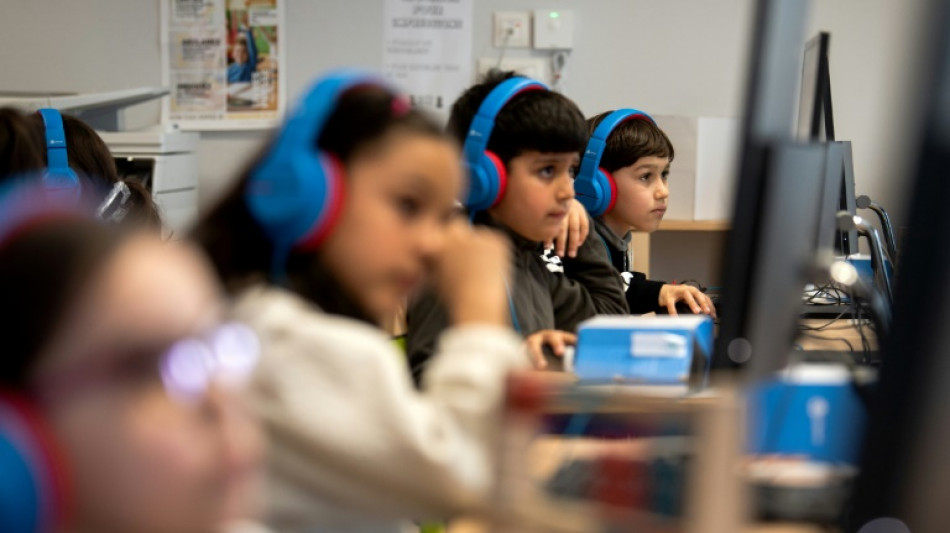
-
 Abhishek, Pandya fire India to 256-4 against Zimbabwe
Abhishek, Pandya fire India to 256-4 against Zimbabwe
-
Irish wing Lowe ruled out of rest of Six Nations

-
 Cuba vows to counter 'terrorist' attacks after clashing with US-based boat
Cuba vows to counter 'terrorist' attacks after clashing with US-based boat
-
Swastikas tagged at former Nazi transit camp near Paris

-
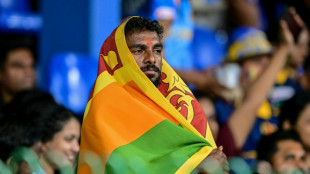 Calls for heads to roll after feeble Sri Lanka T20 World Cup exit
Calls for heads to roll after feeble Sri Lanka T20 World Cup exit
-
Stocks mixed as investors digest Nvidia earnings
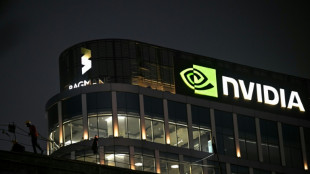
-
 Noosha Aubel: Scandal in Potsdam over severely disabled child
Noosha Aubel: Scandal in Potsdam over severely disabled child
-
Chaos as jihadist relatives left Syrian camp, witnesses say

-
 Mother of Greek train tragedy victim takes on politicians in bid for 'justice'
Mother of Greek train tragedy victim takes on politicians in bid for 'justice'
-
No proven link between Duterte speeches and drug deaths, defence tells ICC

-
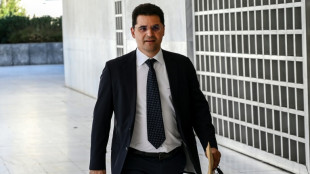 Athens court convicts four over Greece spyware saga
Athens court convicts four over Greece spyware saga
-
Iranian in possible France prisoner swap jailed for a year
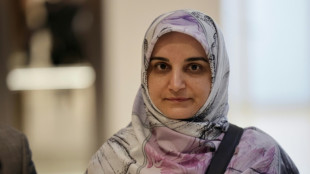
-
 US, Ukraine hold talks in Geneva as Russia says 'no deadlines' to end war
US, Ukraine hold talks in Geneva as Russia says 'no deadlines' to end war
-
English giants dominate line-up for Champions League last-16 draw

-
 Iran, US hold talks in push to avert war
Iran, US hold talks in push to avert war
-
South Africa thrash West Indies in T20 World Cup statement win

-
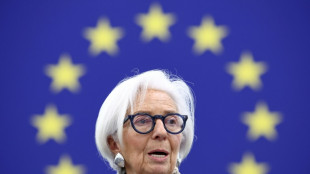 ECB books third straight annual loss
ECB books third straight annual loss
-
Injury forces Marquez to adapt for MotoGP opener

-
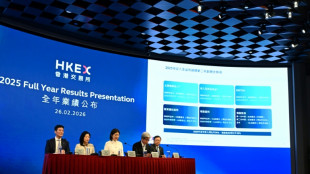 Booming markets propel Hong Kong exchange's profits to record high
Booming markets propel Hong Kong exchange's profits to record high
-
West Indies recover from 83-7 to post to 176-8 against South Africa

-
 Filmmakers defend Berlin festival chief in Gaza row
Filmmakers defend Berlin festival chief in Gaza row
-
Hong Kong mogul Jimmy Lai wins appeal in fraud case
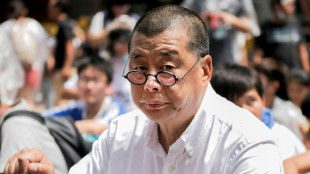
-
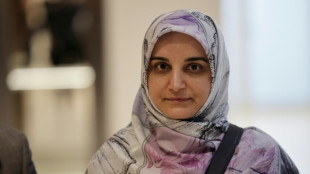 Iranian in possible prisoner exchange faces 'terrorism' verdict in France
Iranian in possible prisoner exchange faces 'terrorism' verdict in France
-
'Street-smart' New Zealand can topple England to make T20 semis: coach

-
 Iran-US talks begin in push to avert war
Iran-US talks begin in push to avert war
-
Merz says Germany, China must overcome trade gaps 'together'
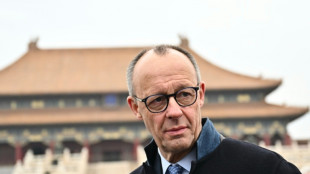
-
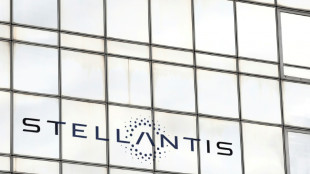 Automaker Stellantis posts massive loss, pivots from EV
Automaker Stellantis posts massive loss, pivots from EV
-
US, Ukraine to meet in Geneva after overnight Russian strikes

-
 Snake-like robot unveiled for Fukushima debris removal
Snake-like robot unveiled for Fukushima debris removal
-
'Public lynching': Senegal cracks down on LGBTQ+ community

-
 Hong Kong sentences father of wanted activist to 8 months in jail
Hong Kong sentences father of wanted activist to 8 months in jail
-
The woman fighting to reclaim her face from Albania's 'AI minister'
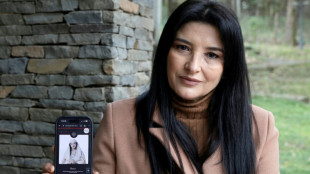
-
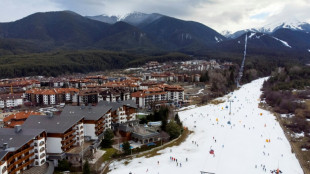 Bulgaria ski station becomes refuge for digital nomads
Bulgaria ski station becomes refuge for digital nomads
-
Thai runner-up party seeks criminal case against election officials
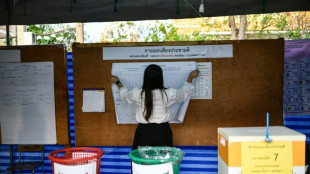
-
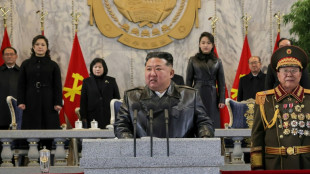 North Korea's Kim shuns South but could 'get along' with US
North Korea's Kim shuns South but could 'get along' with US
-
Spurs win 10th straight, Pistons silence Thunder in battle of NBA's best
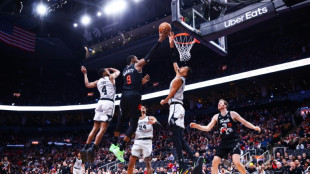
-
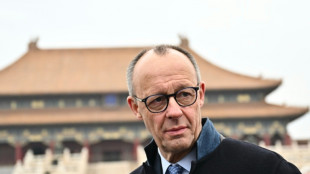 Germany's Merz visits China AI hub hoping for business deals
Germany's Merz visits China AI hub hoping for business deals
-
Post-uprising polls won't shake Nepal's delicate India-China balance
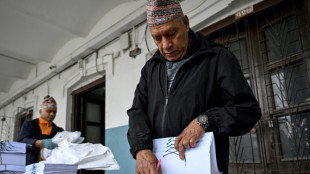
-
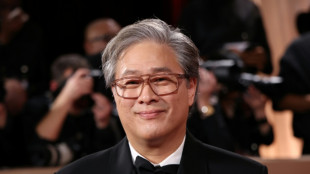 S.Korea's Park Chan-wook to head Cannes festival jury
S.Korea's Park Chan-wook to head Cannes festival jury
-
Australian ex-PM says 'more important than ever' to ditch UK monarchy
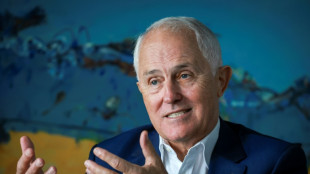
-
 Dressed for succession? Kim Jong Un, daughter fuel speculation with matching coats
Dressed for succession? Kim Jong Un, daughter fuel speculation with matching coats
-
US-Ukraine talks to open in Geneva after overnight Russian strikes
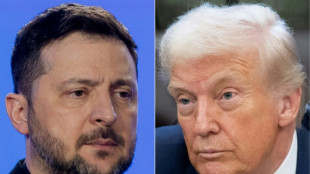
-
 Export ban sparks rush to process lithium in Zimbabwe
Export ban sparks rush to process lithium in Zimbabwe
-
Pakistani sculptor turns scrap into colossal metal artworks

-
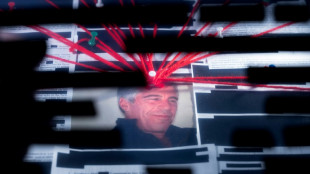 Epstein files reveal links to cash, women, power in Africa
Epstein files reveal links to cash, women, power in Africa
-
Where are Southeast Asia's data centres?
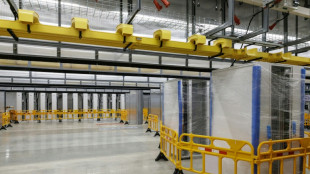
-
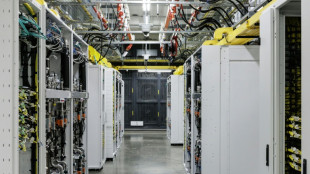 Where AI lives: Southeast Asia's data centre boom
Where AI lives: Southeast Asia's data centre boom
-
Seoul hits fresh record on mixed day for Asia markets
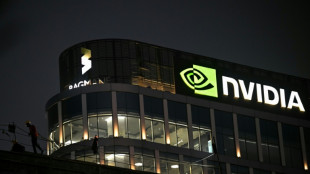
-
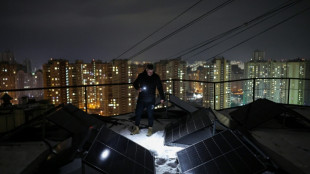 Kyiv residents pool together for solar panels and batteries amid Russian strikes
Kyiv residents pool together for solar panels and batteries amid Russian strikes
-
North Korea's Kim says could 'get along' with US but shuns South
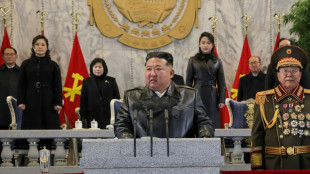

Anxious parents face tough choices on AI
When it comes to AI, many parents navigate between fear of the unknown and fear of their children missing out.
"It's really hard to predict anything over five years," said Adam Tal, an Israeli marketing executive and father of two boys aged seven and nine, when describing the post-generative AI world.
Tal is "very worried" about the future this technology holds for his children -- whether it's deepfakes, "the inability to distinguish between reality and AI," or "the thousands of possible new threats that I wasn't trained to detect."
Mike Brooks, a psychologist from Austin, Texas, who specializes in parenting and technology, worries that parents are keeping their heads in the sand, refusing to grapple with AI.
"They're already overwhelmed with parenting demands," he observed -- from online pornography and TikTok to video games and "just trying to get them out of their rooms and into the real world."
For Marc Watkins, a professor at the University of Mississippi who focuses on AI in teaching, "we've already gone too far" to shield children from AI past a certain age.
Yet some parents are still trying to remain gatekeepers to the technology.
"In my circle of friends and family, I'm the only one exploring AI with my child," remarked Melissa Franklin, mother of a 7-year-old boy and law student in Kentucky.
"I don't understand the technology behind AI," she said, "but I know it's inevitable, and I'd rather give my son a head start than leave him overwhelmed."
- 'Benefits and risks' -
The path is all the more difficult for parents given the lack of scientific research on AI's effects on users.
Several parents cite a study published in June by MIT, showing that brain activity and memory were more stimulated in individuals not using generative AI than in those who had access to it.
"I'm afraid it will become a shortcut," explained a father of three who preferred to remain anonymous. "After this MIT study, I want them to use it only to deepen their knowledge."
This caution shapes many parents' approaches. Tal prefers to wait before letting his sons use AI tools. Melissa Franklin only allows her son to use AI with her supervision to find information "we can't find in a book, through Google, or on YouTube."
For her, children must be encouraged to "think for themselves," with or without AI.
But one father -- a computer engineer with a 15-year-old -- doesn't believe kids will learn AI skills from their parents anyway.
"That would be like claiming that kids learn how to use TikTok from their parents," he said. It's usually "the other way around."
Watkins, himself a father, says he is "very concerned" about the new forms that generative AI is taking, but considers it necessary to read about the subject and "have in-depth conversations about it with our children."
"They're going to use artificial intelligence," he said, "so I want them to know the potential benefits and risks."
The CEO of AI chip giant Nvidia, Jensen Huang, often speaks of AI as "the greatest equalization force that we have ever known," democratizing learning and knowledge.
But Watkins fears a different reality: "Parents will view this as a technology that will be used if you can afford it, to get your kid ahead of everyone else."
The computer scientist father readily acknowledged this disparity, saying "My son has an advantage because he has two parents with PhDs in computer science, but that's 90 percent due to the fact that we are more affluent than average" -- not their AI knowledge.
"That does have some pretty big implications," Watkins said.
A.Malone--AMWN


